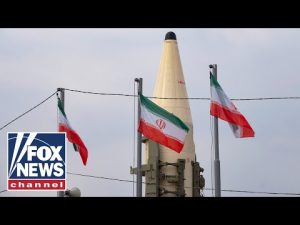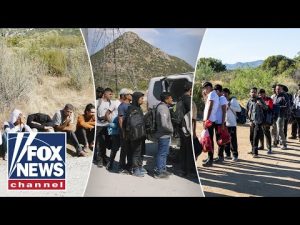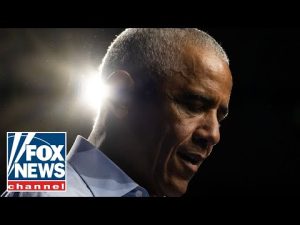In the recent coverage of protests in Los Angeles, news outlets were quick to sensationalize the scene, labeling it a war zone. However, eyewitness accounts from the heart of the protests tell a different story. While some commentators trumpet chaos and violence, many protestors insist that “everything is peaceful” in their immediate vicinity. This discrepancy raises the important question: What should Americans believe about the reality of our cities amidst growing civil unrest?
At the core of the protestors’ message is a strategy to draw attention to high-profile areas, insisting that action in affluent neighborhoods forces law enforcement’s hand. The rationale behind this tactic is straightforward: if the protests happen where political leaders and affluent citizens dwell, the issues at stake may finally reach ears that can enact change. It’s an interesting approach, reminiscent of the age-old saying about “going where the money is,” but it also invites scrutiny. Is this truly an effective method for bringing about meaningful discussion, or simply a way to provoke a reaction?
One particularly alarming aspect of this scenario is the protestors’ anticipation of violence. Leaders at the scene suggest that any potential disruption would come not from their own actions, but from an overzealous police response. This raises two very important points. First, it appears there is a willingness among some protestors to greet law enforcement with aggression, which leaves ample room for escalation. Second, if protestors are deliberately positioning themselves near police officers, should they not accept some responsibility for the potential consequences?
The confusion and contradiction evident in these claims suggest a broader narrative at play. On one hand, there is a desire to highlight social issues and injustices; on the other, there is a possible inclination to provoke confrontations by engaging law enforcement. The reality is that peaceful protests often get overshadowed by the sensationalist portrayal of reactive violence, leaving the very real issues of inequality and injustice to linger in the shadows. However, when protests morph into provocations for police confrontation, the public discourse shifts from empathetic understanding to fear of lawlessness.
Ultimately, every American needs to critically assess the narratives presented by both sides of this debate. It is crucial to seek clarity amid the noise of sensationalism. The notion that violence is inevitable in the presence of police might serve as a rallying cry for some, yet it should provoke concern and caution among those who seek true reform. As with any issue, the conversation should be grounded in reason and responsibility, encouraging dialogue rather than clashes. In the end, if these protests serve to elevate critical discussions on our nation’s pressing issues, it is incumbent upon all involved to consider not just their words, but their actions as well.







